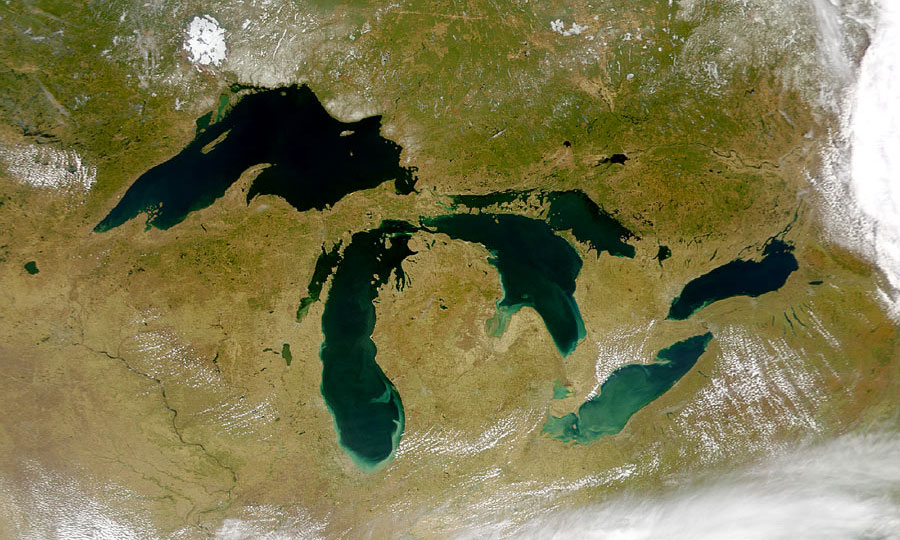EERE offers webinars to the public on subjects ranging from how to adopt the latest energy efficiency and renewable energy technologies to training for the clean energy workforce. Webinars are free; however, advanced registration is typically required. You can also watch archived webinars and browse previously aired videos, slides, and transcripts.
Upcoming Webinars
September 18: Live Webcast on Accelerating Innovation: Energy Storage
The Energy Department, in partnership with the Battelle Commercialization Council of Labs, will present a live webcast titled Accelerating Innovation: Energy Storage on Tuesday, September 18, 2012, from 12:00 to 1:00 p.m. Eastern Daylight Time. This webcast will highlight several National Laboratory technologies, all of which are energy-focused and can be found on EERE’s Energy Innovation Portal. During this webcast, attendees will hear from J. Raymond Smith about using cryotanks to store hydrogen when used as a vehicle fuel. In addition, Zhuangchun Wu and Chunmei Ban—two researchers from the National Renewable Energy Laboratory—will present their research in technologies including: lithium ion batteries, electrochromic windows, the fabrication of nano-architecture electrodes for electrochemical systems, and surface atomic modification of electrode materials to improve performance. Following the presentations, attendees will be able to participate in a live question-and-answer session with the researchers.
Register here to attend webinar.
September 18: Community Renewable Energy Success Stories: Tapping into Wind in Urban Environments
The Energy Department will present a live webinar titled Community Renewable Energy Success Stories: Tapping into Wind in Urban Environments on Tuesday, September 18, 2012, from 3:00 to 4:15 p.m. Eastern Daylight Time. The webinar will provide information and lessons learned on urban wind turbine projects in Milwaukee, Wisconsin, and Hull, Massachusetts.
Register to attend the webinar.
September 27: Live Webcast on the Lighting Energy Efficiency in Parking (LEEP) Campaign
The Energy Department, in partnership with BOMA International, the Green Parking Council, and IFMA, will present a live webcast titled Overview of the Lighting Energy Efficiency in Parking (LEEP) Campaign on Thursday, September 27, 2012, from 1:00 to 2:30 p.m. Eastern Daylight Time. This webinar will provide an overview of the LEEP Campaign and it will highlight two case study examples of businesses that have implemented high efficiency lighting projects in parking facilities. Webinar attendees will learn about the benefits of high efficiency lighting technologies in parking applications and strategies to overcoming barriers to implementation of these projects.
Register to attend the webinar.
Past Webinars:
September 4: 2011-2012 Hydrogen Student Design Contest Winners: On-campus Trigeneration Fuel Cell Systems
The Energy Department presented a live webinar titled 2011-2012 Hydrogen Student Design Contest Winners: On-Campus Tri-Generation Fuel Cell Systems on September 4. This webinar focuses on the winning entries from the University of Maryland, Washington State University, and University of California, Davis. This year, teams created design concepts for a tri-generation system that produces electricity, heat, and hydrogen for their university campus. The first place winner, the University of Maryland’s design, utilizes organic and municipal solid waste via gasification and anaerobic digestion technology. Washington State University placed second and proposed a pyrolysis reactor for straw waste from agriculture in their community. The University of California, Davis won third place for a design that included a hydrogen power and heating system for a residential building complex next to their new solar village. During the webinar, the theme for the 2013 contest was discussed as well.
View the recorded webinar here.
